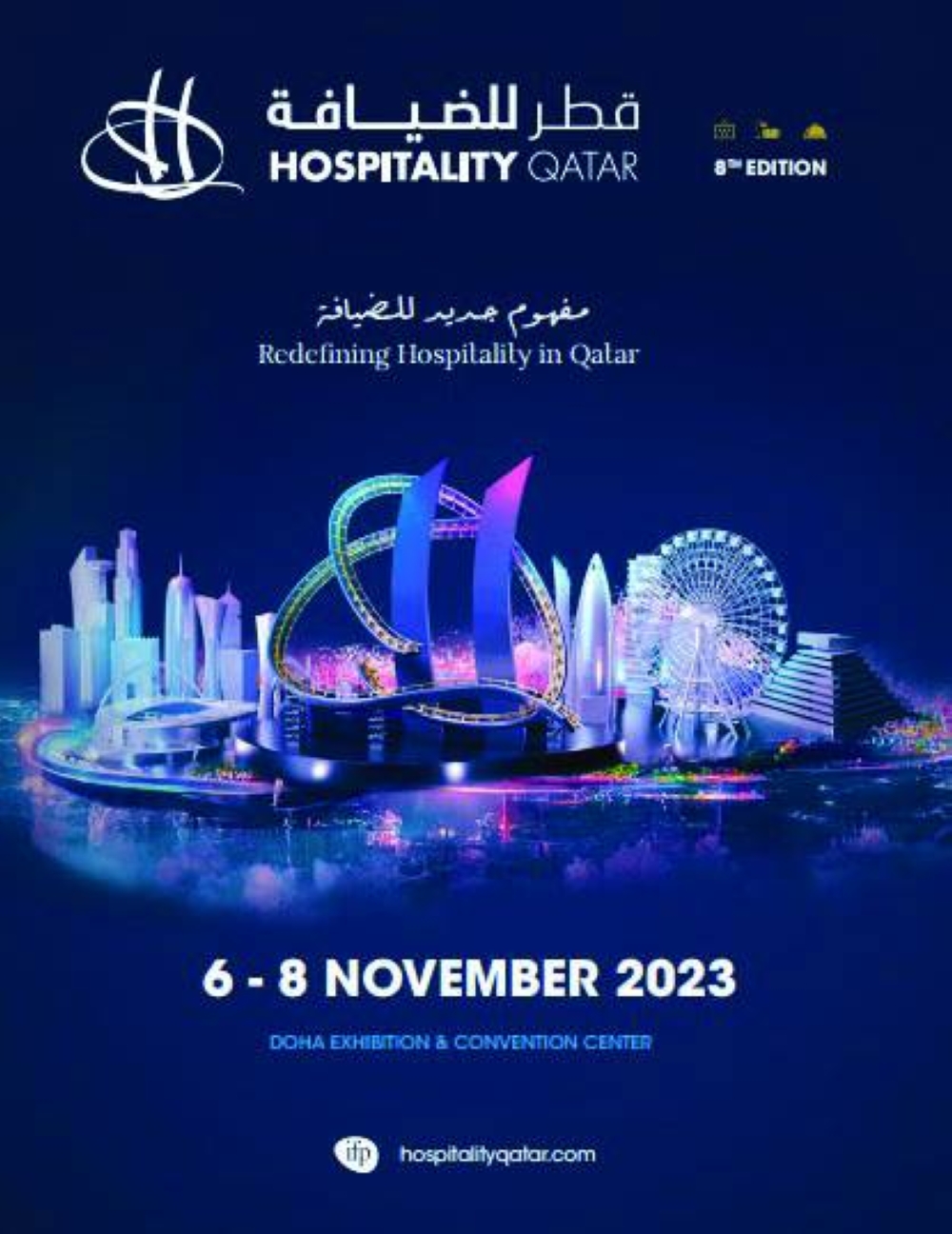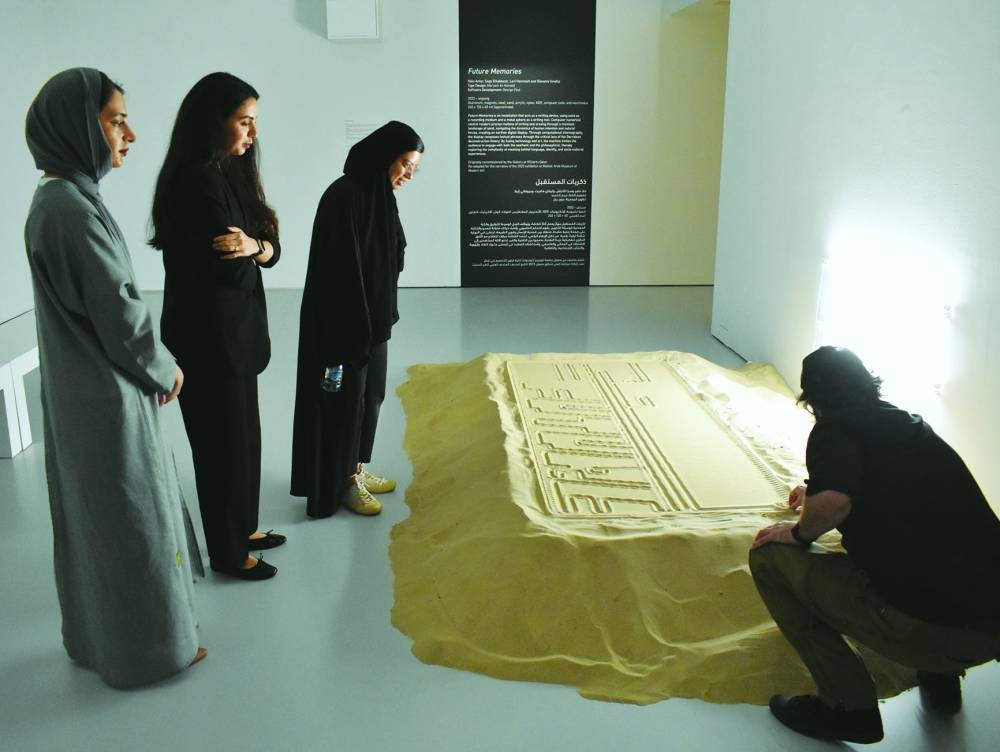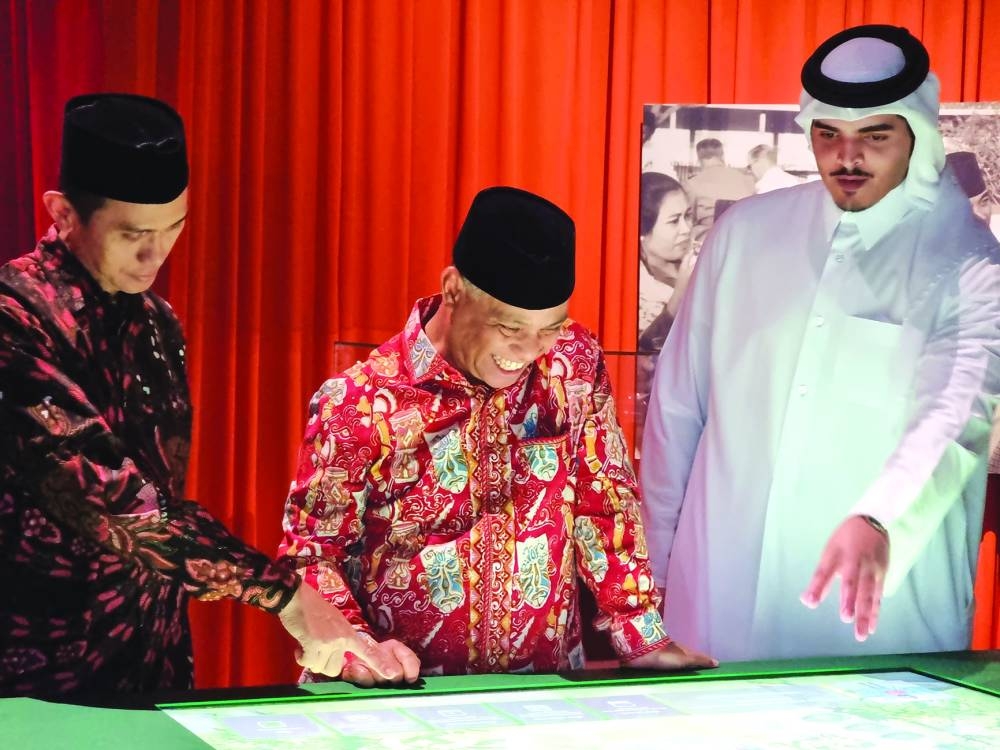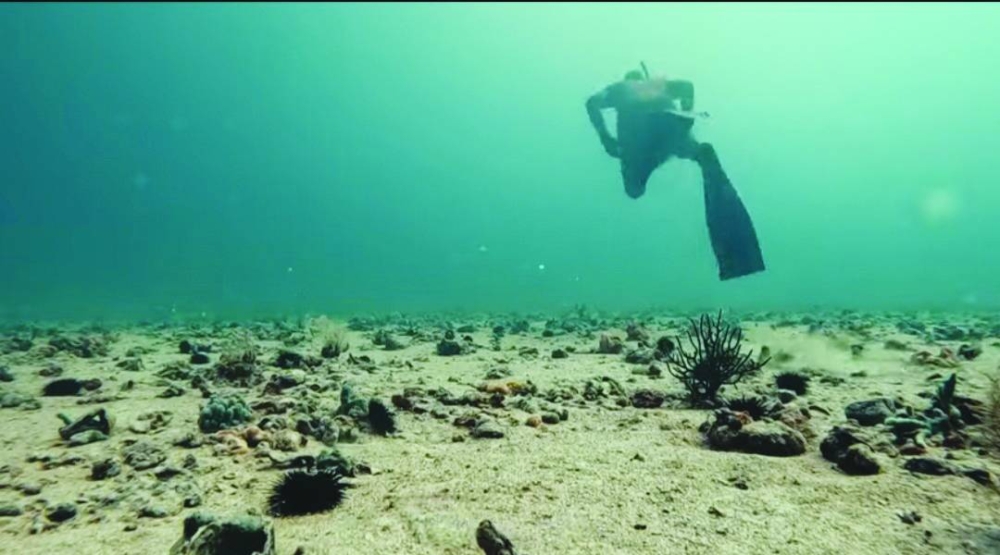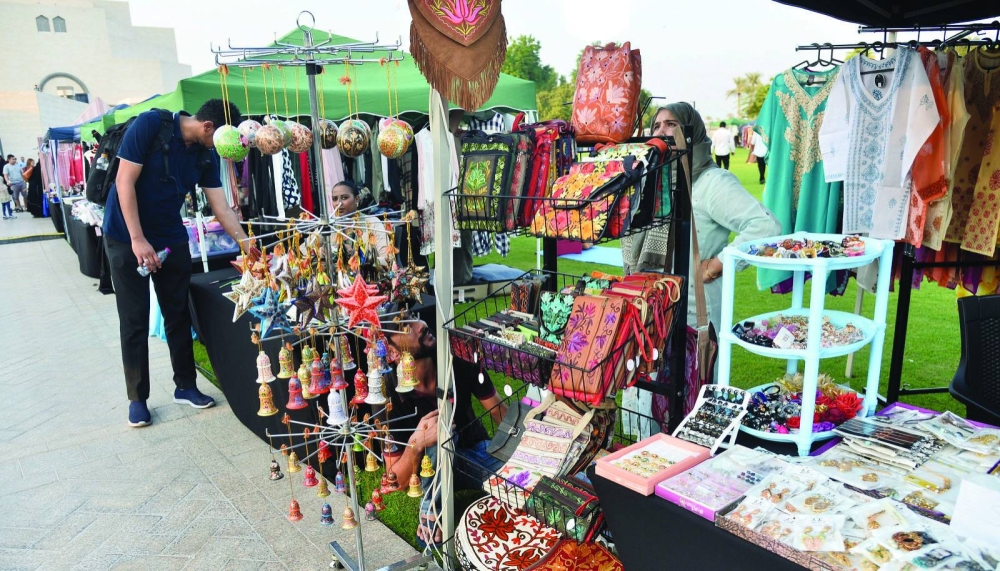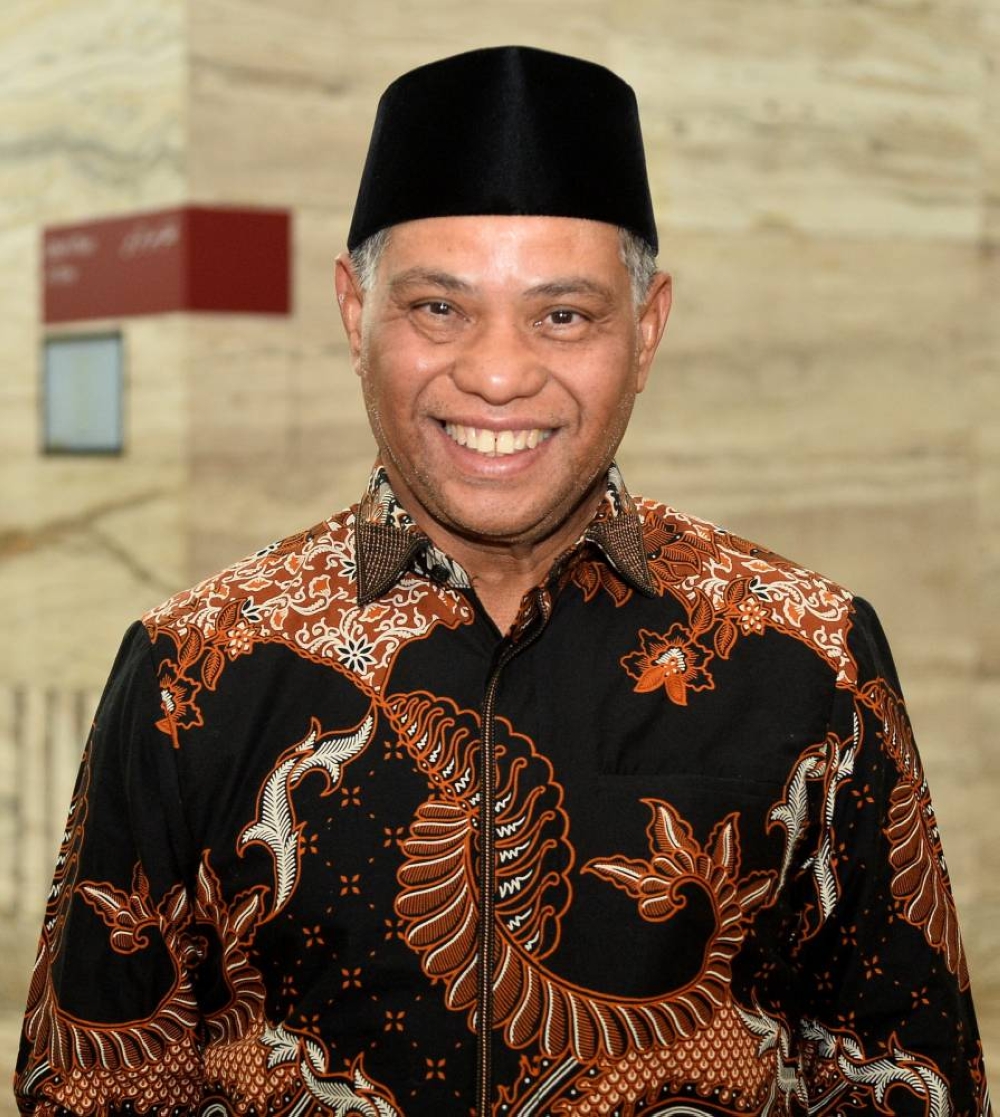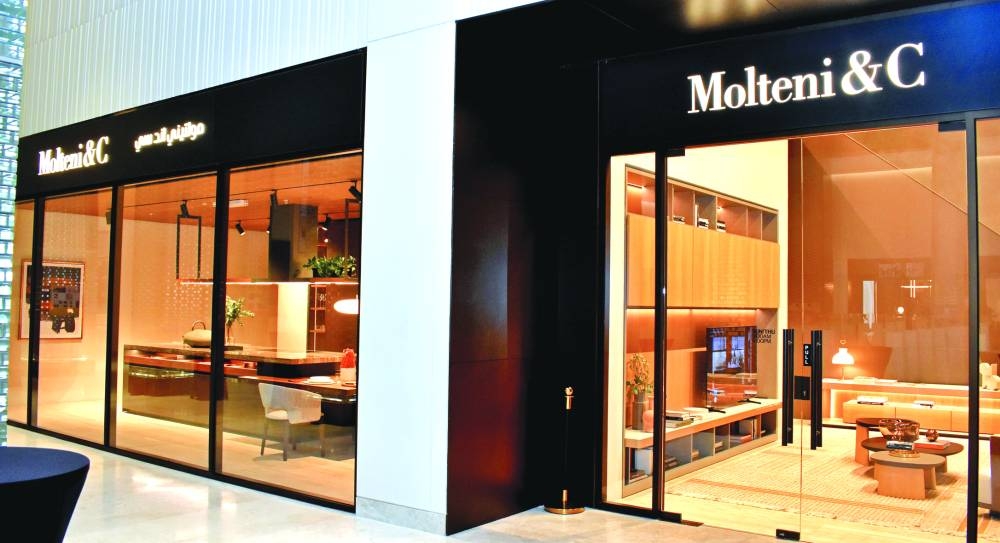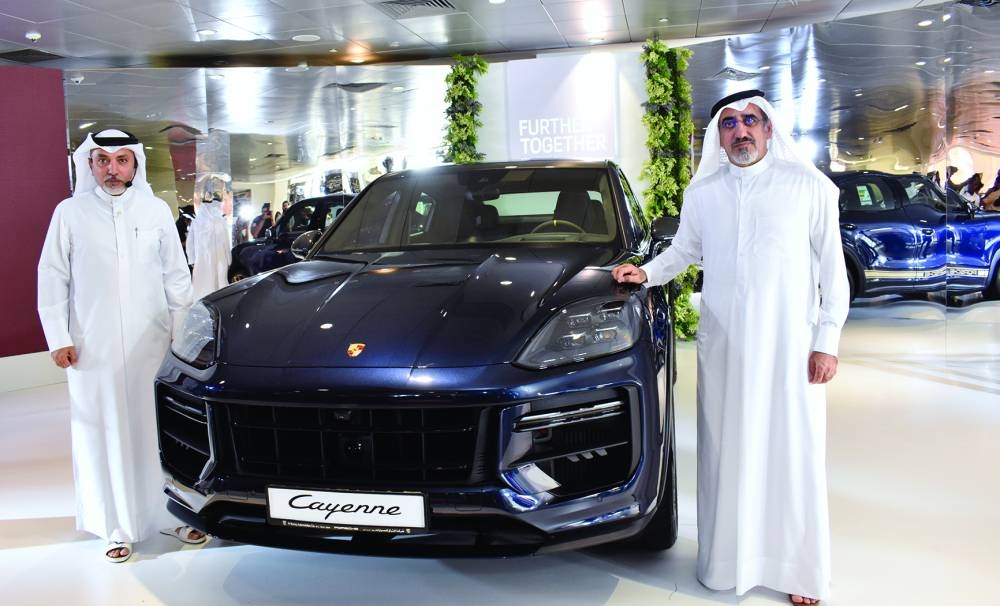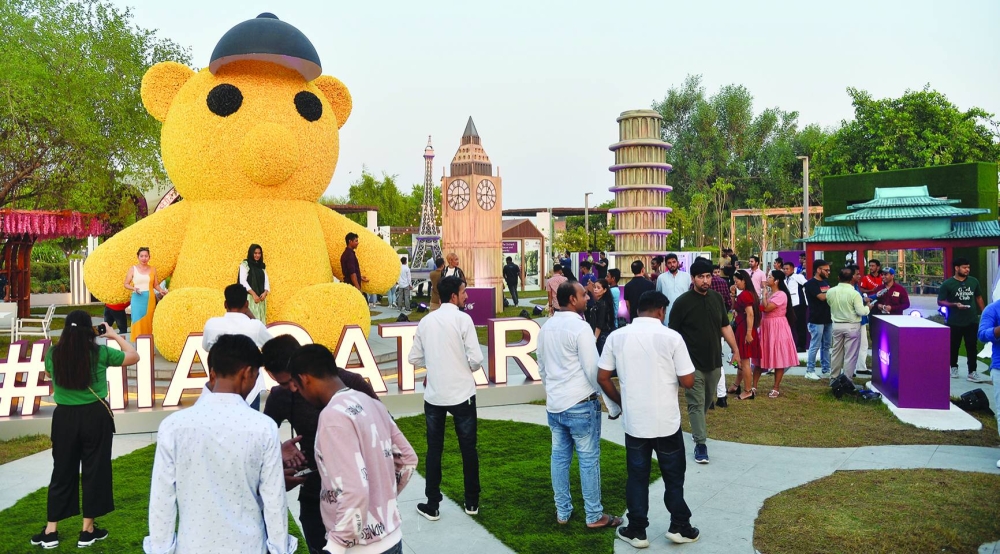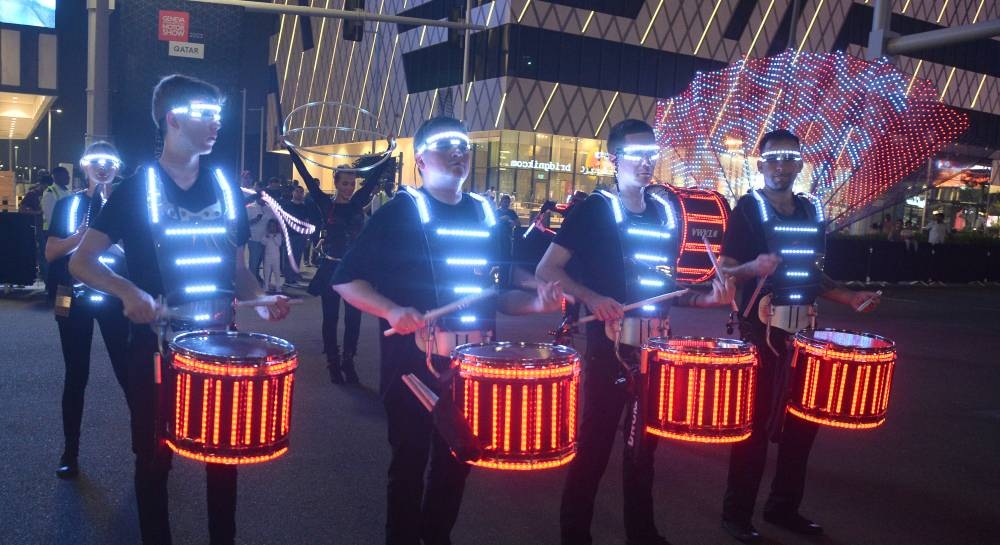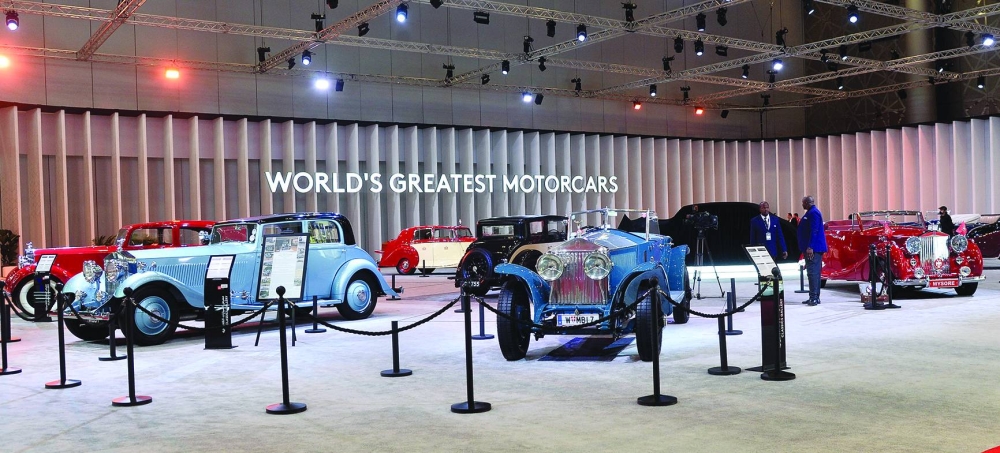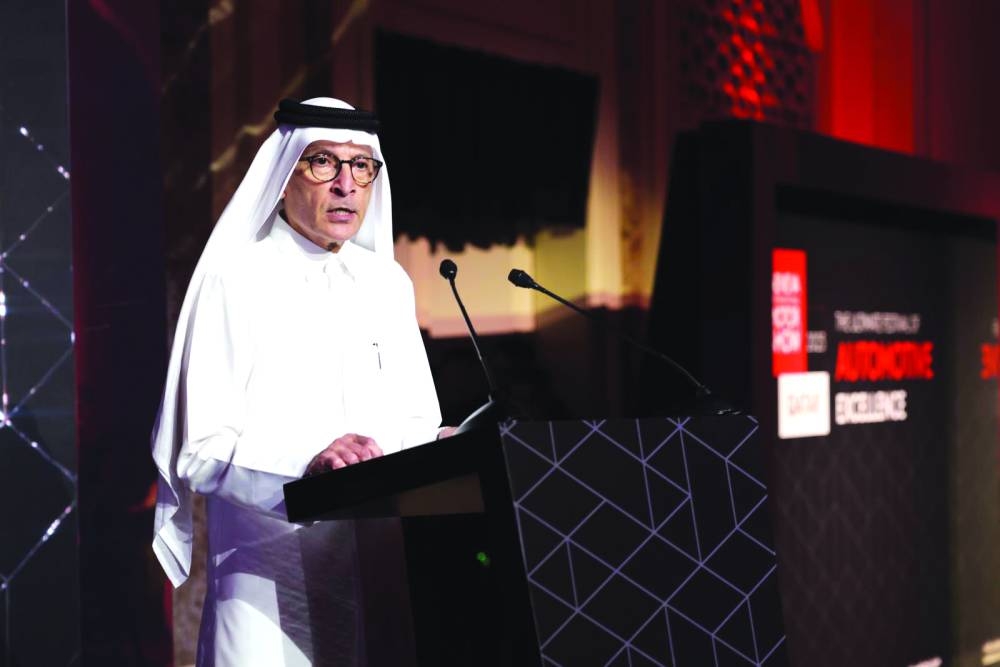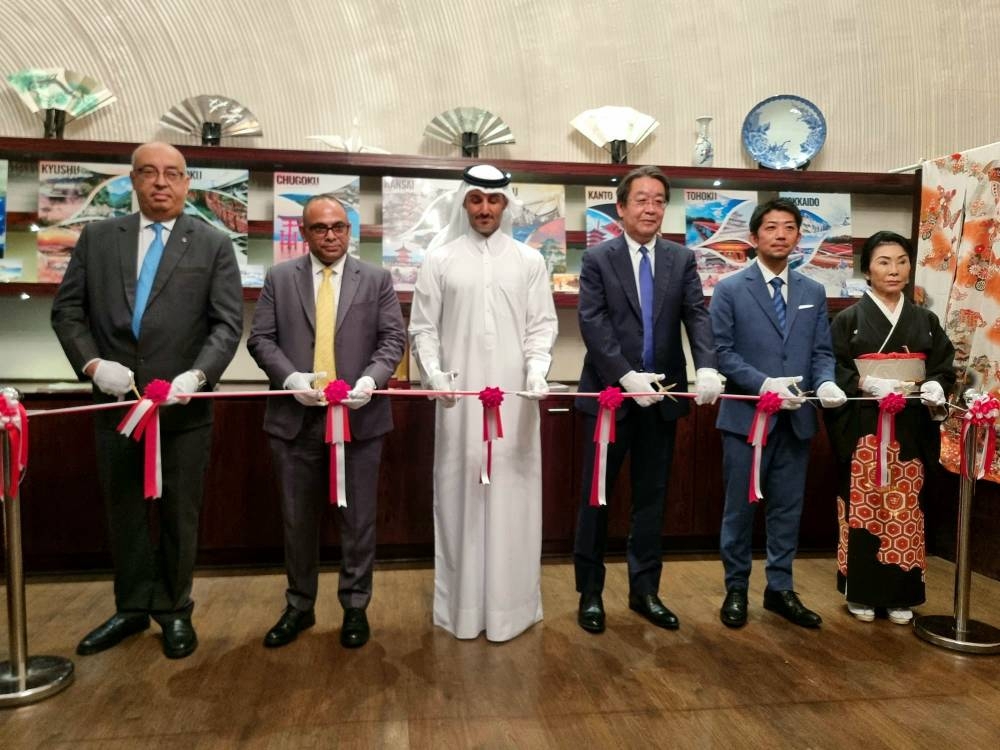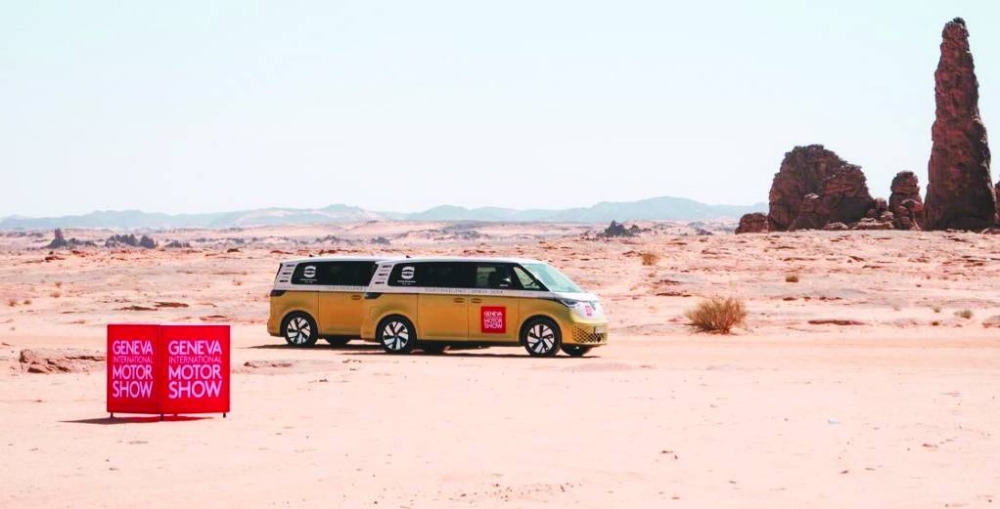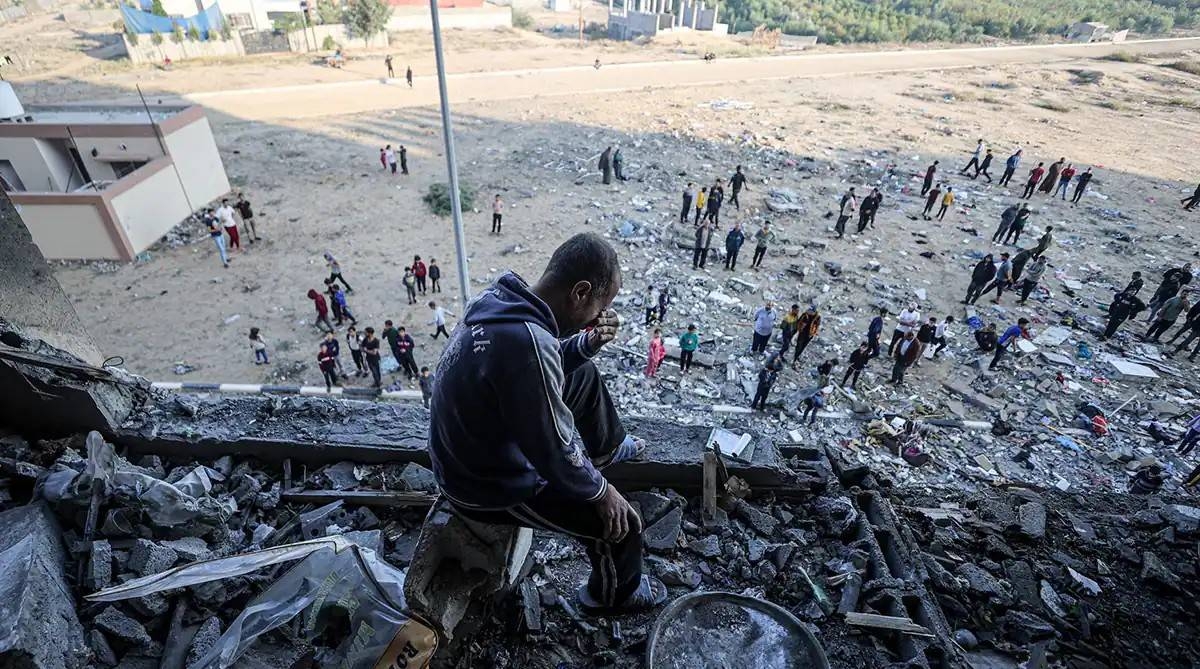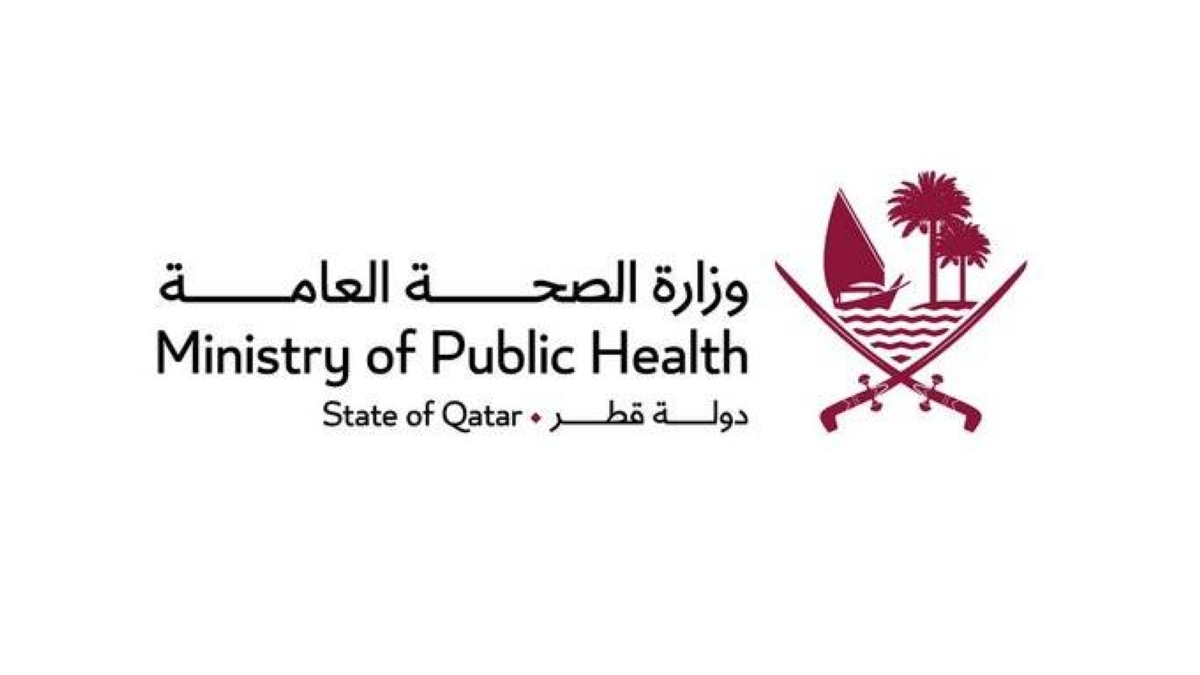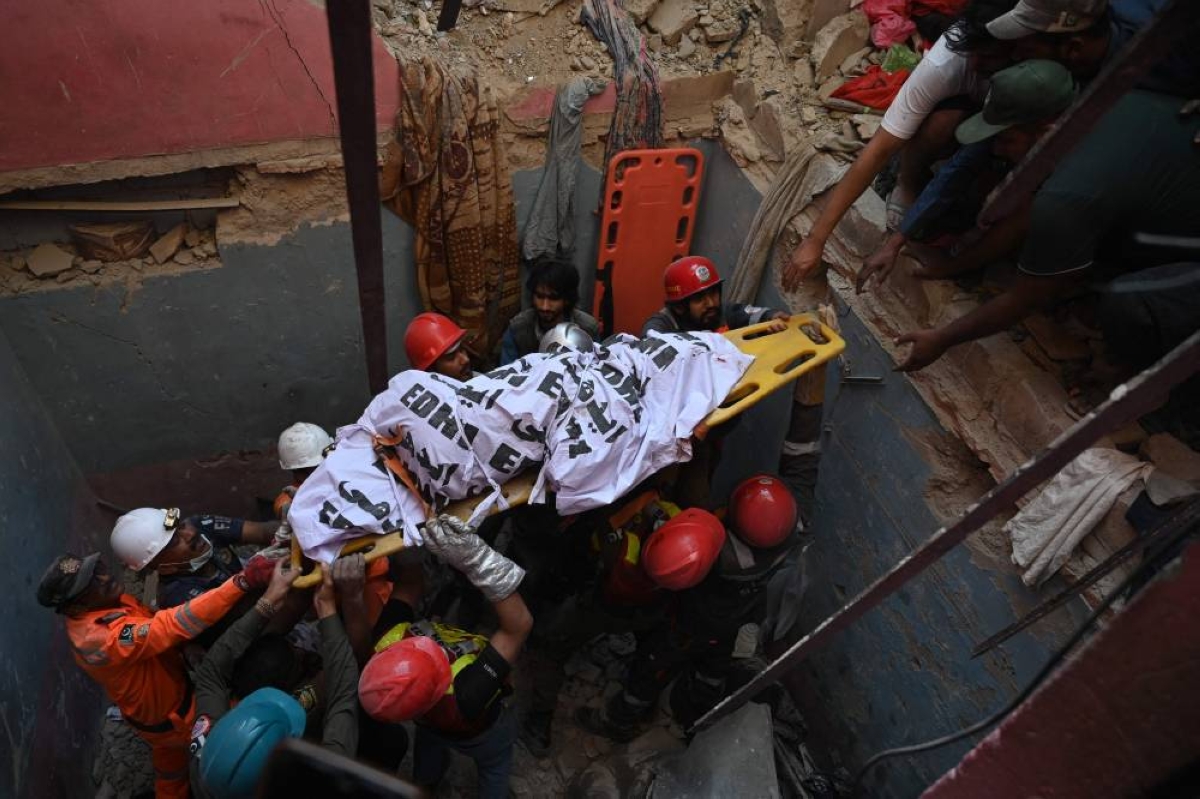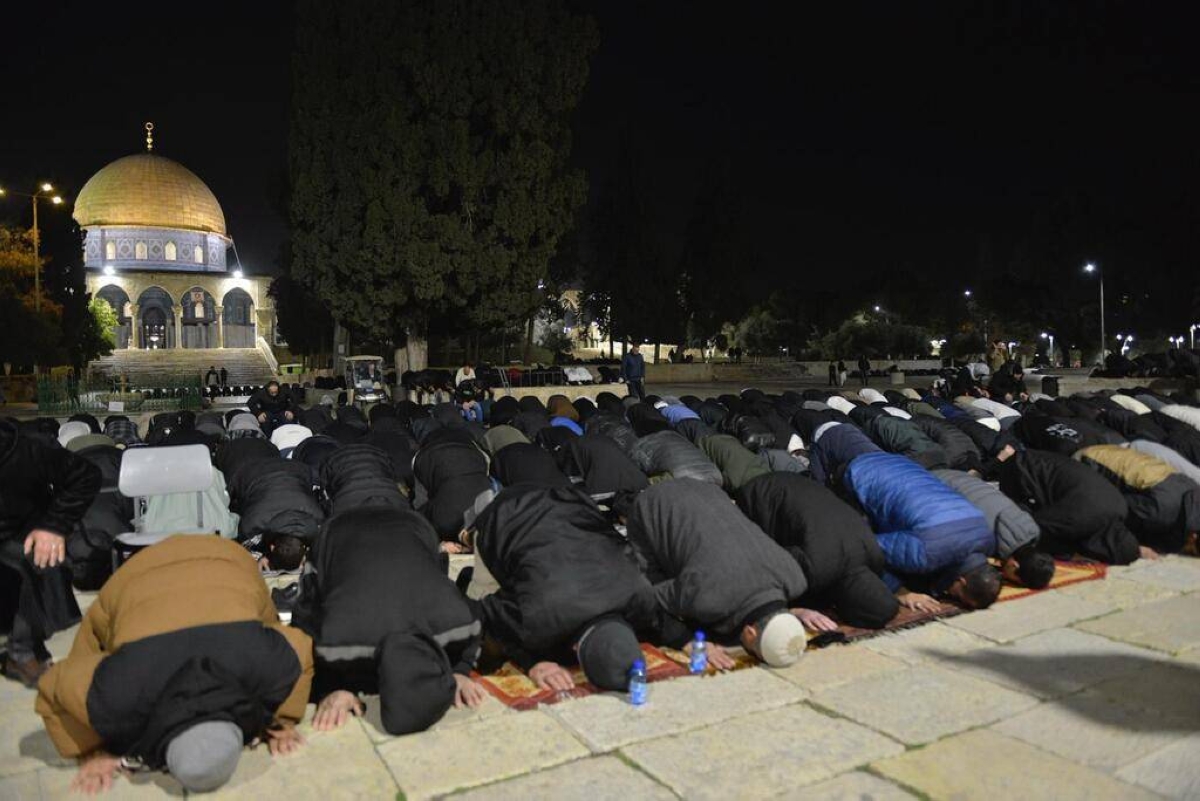Qatar is gearing up to host a diverse array of events this November, catering to interests ranging from education and sustainability to falconry and equestrian sports.The Qatar Events Calendar is packed with opportunities for learning, networking, and entertainment. The Qatar Leadership Conference (QLC) is scheduled from November 2-4 at the Qatar National Convention Centre (QNCC). Organised by Thimun Qatar, the QLC is a platform for students, teachers, and industry leaders to exchange ideas and establish partnerships with a broad range of more than 44 workshops.Najah Qatar 2023, formerly known as University Expo Qatar, is slated from November 2-3 at the QNCC. The event is dedicated to helping prospective university students, parents, and teachers, explores higher education options. Over 80 regional and international institutions are participating.The 10th edition of the Qatar Falconry Championship “Isfari” will be organised by Al-Gannas Association from November 3-9 at Al-Gannas Qatari Society Event Building, Ras Laffan.Qatar Sustainability Week returns on November 4-11 at the Expo Doha Congress Centre. A national campaign aimed at engaging the community in various sustainability-oriented activities, it serves as a platform to showcase Qatar's progress in sustainability and promote community engagement in achieving the nation's sustainable development goals.The eighth edition of Hospitality Qatar will bring together local, regional, and international hospitality and tourism companies from November 6-8 at the DECC.The Global Wellness Summit 2023 at Msheireb Downtown Doha (Doha Design District), scheduled from November 6-9, will bring together leaders and visionaries to shape the future of the global wellness economy. This annual event offers expert-based predictions on the future of wellness and explores innovations in the wellness sector.Precision Medicine and Functional Genomic (PMFG), described as the largest precision medicine conference in the region, is set to take place from November 11-14 at St Regis Doha.Experts from various industries will converge at the Qatar Cloud and Cybersecurity Summit 2023 from November 13-14 at The Pearl Island. Participants will discuss the latest challenges, impediments, and applications of cloud computing and address cybersecurity concerns.The 2023 Qatar Airways Grand Prix for MotoGP is set to take place from November 17-19 at the Lusail International Circuit. Al Shaqab International Arabian Horse Show takes place from November 17-19 at Al Shaqab. Another major event taking place from November 20-22 at the Doha Exhibitions and Convention Centre (DECC), the Qatar Travel Mart will provide a platform for new investments in tourism development. It hosts high-level discussions and insights from regional and international tourism experts.The World Innovation Summit for Education 2023 returns on November 28-29 at the QNCC, an event dedicated to shaping the future of education by fostering meaningful discussions and seeking solutions to critical educational issues.In partnership with Fira Barcelona, Smart City Expo Doha will bring together global experts from November 29-30 at Al Bidda Park to discuss and share ideas on creating smarter, more sustainable cities.Various sports events including tennis, squash, rugby, shooting, basketball, cycling, and triathlon will be held throughout November, providing ample opportunities for sports enthusiasts to indulge in their passions.

Joey Aguilar
Joey Aguilar has been a journalist since 2013 at Gulf Times, reporting on events related to Qatar. He was earlier a journalist for eight years in the Philippines. He became one of the 2015 United Nations Foundation Global Goals Press Fellows. He has also attended a number of journalism seminars in the Philippines.
Most Read Stories
3


